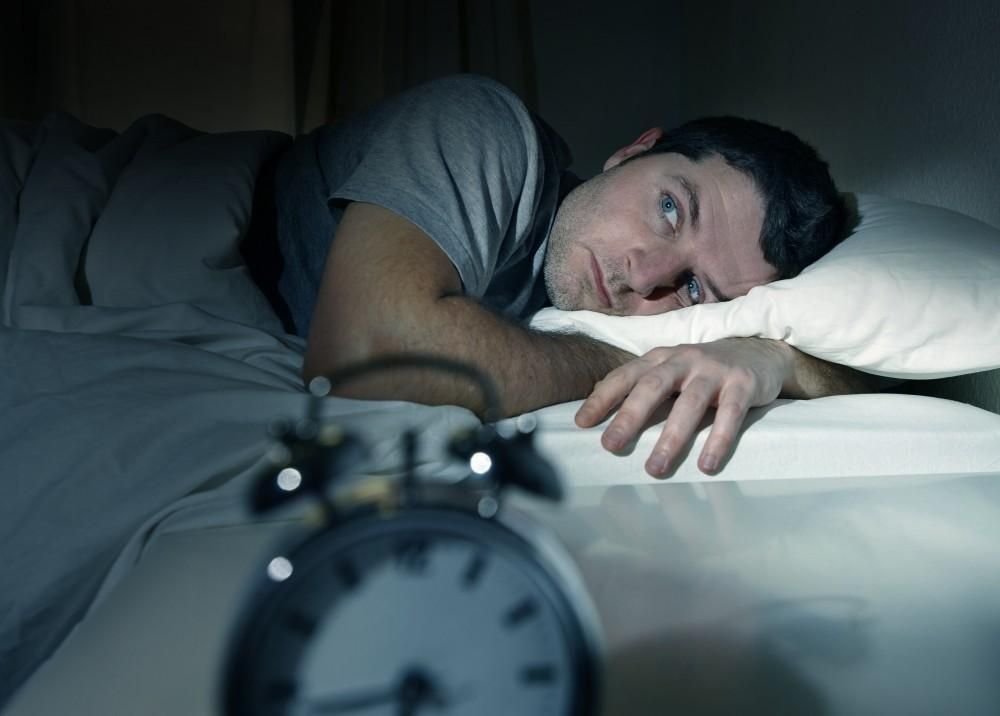The inability to fall or stay asleep is known as insomnia, which can be acute or chronic. If you’re unable to get sufficient sleep, it takes a toll on your physical and mental health.
Short-term insomnia often resolves on its own, while chronic insomnia usually requires changes to your sleep hygiene and treatment. Getting treatment for insomnia has a significant impact on your overall wellness.
At Carolina Wellness Psychiatry, our team of two psychiatrists, Elizabeth Bullard, MD, and Allison Foroobar, MD, and our psychologist, Sarah Gilbert, PhD, provide various treatments to help you finally get the sleep your body needs.
Understanding insomnia
Insomnia is a condition that makes it difficult to fall asleep or stay asleep, and sometimes it causes you to wake up too early. For some, insomnia is only a small problem, and they’re able to cope with it independently.
For others, though, it causes significant issues and affects their overall health.
There are two types of insomnia; primary insomnia occurs by itself, while secondary insomnia happens due to another medical condition or circumstance.
Acute and chronic insomnia have similar symptoms, which negatively impact your life. Some of the symptoms you can experience include:
- Slow reactions while driving
- Feeling tired during the day
- Difficulty with memory
- Increased confusion
- Decreased concentration
- Irritability
- Development of anxiety or depression
Insomnia affects everyone differently, and you may have all or only some of the above symptoms. However, if you continue to have symptoms, and if the lack of sleep is negatively impacting your life, it’s time to seek treatment.
What is insomnia management?
If insomnia begins to take control of your life, we can help. Managing insomnia sometimes only requires changes to your sleep routine, which is called sleep hygiene.
The first step in insomnia management is determining what could be causing the problem. If it’s simply a lifestyle issue and not related to a medical problem, or if it occurs on its own, we provide the following tips to improve your sleep:
- Avoid screen time in or before bed
- Keep your room dark and cool
- Go to sleep close to the same time every night
- Wake up around the same time daily
- Avoid caffeine or alcohol close to bedtime
- Don’t take naps, especially in the afternoon
- Limit your bed to sleep and sex only
- Try relaxation techniques close to bedtime
Changing your sleep habits significantly impacts your ability to fall and stay asleep. However, it’s not always enough to eliminate insomnia. If you still have issues sleeping, we suggest cognitive behavioral therapy, medications, or a combination of both to help you finally get some sleep.
Five ways treating insomnia improves health
Unsurprisingly, your body needs sleep to function correctly, so insomnia is hard to deal with. If you don’t get treatment, insomnia has tremendous impacts on your health.
Luckily, you can turn your health and wellness around through insomnia management. Five ways managing insomnia improves your health and wellness include:
1. Fights off depression and anxiety
Insomnia dramatically affects your mental health, sometimes leading to depression, anxiety, or both. Learning how to manage your sleep cycle has a positive impact on conditions such as anxiety and depression, sometimes eliminating them.
2. Reduces the risk of a heart attack
Insomnia and lack of sleep increase your risk of various health issues, including a heart attack. Although it’s not the only way to prevent a heart attack, insomnia management improves other health conditions that contribute to heart issues.
3. Lowers the risk of car accidents
Sleep deprivation impedes your ability to respond quickly in certain situations, especially when you’re driving. Increased response time makes it more likely to suffer a car accident.
Taking control of insomnia helps you finally get the rest your body and mind need, which enables you to feel alert during the day.
4. Helps prevent chronic health problems
Insomnia increases the risk of chronic health issues like obstructive sleep apnea and type 2 diabetes, which is a great reason to seek treatment. Managing insomnia allows you to control your health and overall wellness through chronic disease prevention.
5. May help you lose weight
Not dealing with insomnia may increase the chances of obesity, especially if you’re living with depression or other mental health conditions as well. You also may be inclined to eat while you’re not in your bed, which leads to an increase in caloric consumption.
Getting treatment for insomnia allows you to finally get some rest, which may, in turn, help you manage your weight and avoid health complications related to obesity.
To find out how Carolina Wellness Psychiatry can help you manage insomnia, call the team today at 919-446-3232, or send us a message on the website.




